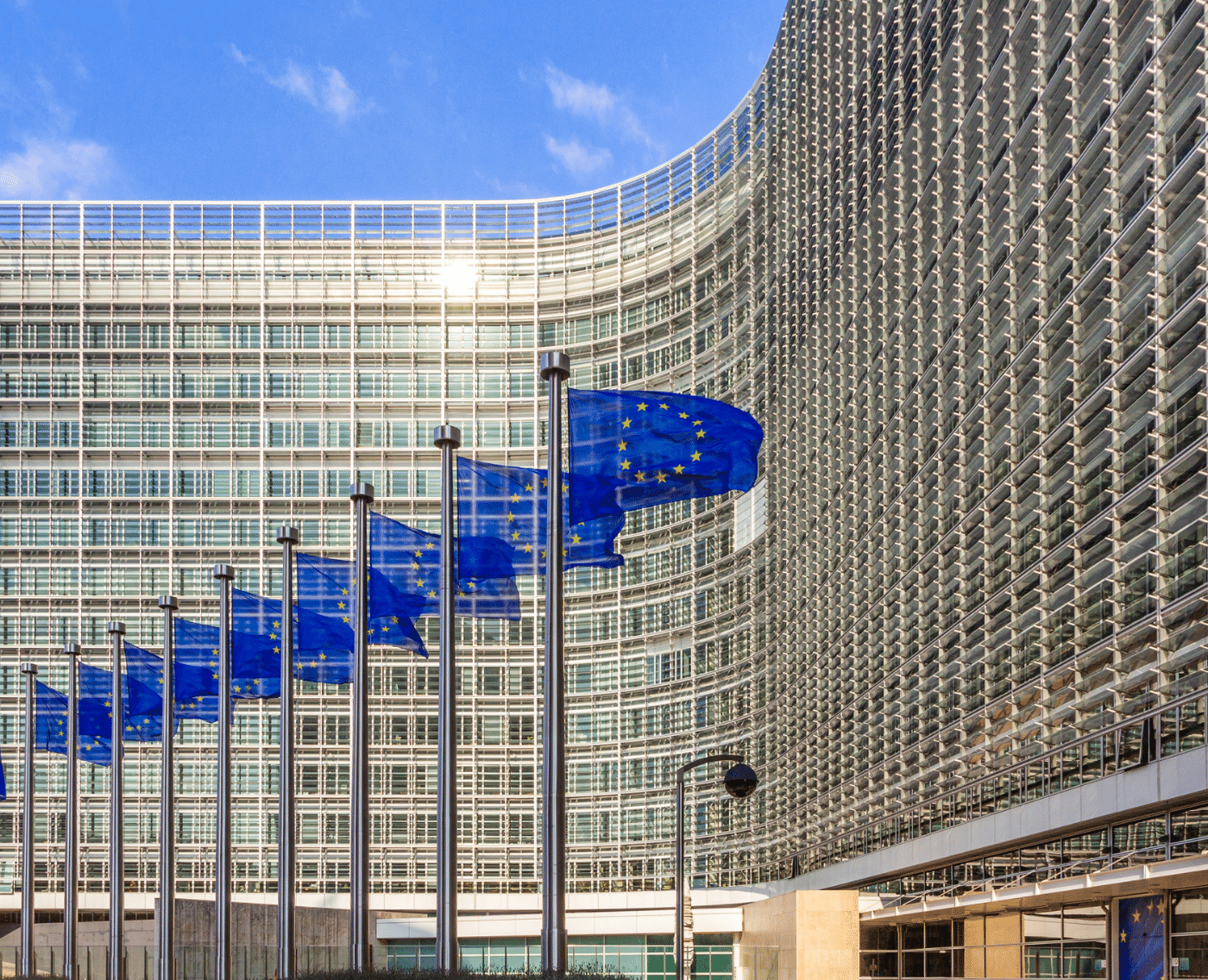New EU Commissioners commit to protect children online – will they walk the talk?
Just two days ago, the European Parliament reached an agreement and approved the composition of the new European Commission, set to begin its mandate on 1 December. Throughout the confirmation hearings, several members of the new College confirmed the political will to protect children online, presenting several measures to that effect. 5Rights welcomes this strong commitment and urges the new Commission to establish a coherent and streamlined framework that addresses all digital spaces used by children.

Enforcement of existing legislation
Henna Virkkunen, Executive Vice-President for Tech Sovereignty, Security and Democracy, announced that the enforcement of the Digital Services Act (DSA) will prioritise children. As underlined by the Commissioner, online platforms must ensure a high level of privacy, safety and security for minors and provide services that are fit for children.
As mentioned in our joint statement, the upcoming guidelines on Article 28 will play a decisive role in shaping the DSA implementation and enforcement. These guidelines must be clear, concrete and based on UNCRC General comment No. 25 and the highest available standards.
Beyond social media
Commissioner for Democracy, Justice and the Rule of Law, Michael McGrath underlined the complementary role of the upcoming Digital Fairness Act (DFA) to the digital rulebook in strengthening protections for minors online. The act will address addictive design features, also targeting practices such as gambling-like features and loot boxes, often found in video games.
The DFA represents an opportunity to address risks children face beyond their presence on online platforms and address some fundamental questions concerning the specific vulnerabilities of children to persuasive design techniques.
Additionally, Commissioner McGrath announced a forthcoming study on the behavioural effect of marketing techniques in online games on children. The results will be presented next year.
Action and evidence on mental health and wellbeing
Children’s mental health online is emerging as a concrete focus for the new European Commission.
Glenn Micallef, the new Commissioner for Intergenerational Fairness, Youth, Culture and Sport, confirmed an upcoming action plan against cyberbullying. Built around four pillars, this initiative aims to establish a shared definition of cyberbullying, bring together best practices, cooperate with civil society organisations to detect cyberbullying and finally encourage a culture of reporting and seeking support.
Complementing this plan, Oliver Varhelyi, Commissioner-Designate for Health and Animal Welfare, will lead an EU-wide study on the effects of social media on well-being. Together, these initiatives could set the stage for tangible improvements in protecting children’s mental health online.
A call for a comprehensive framework
While these commitments are encouraging, they underscore the need for a coordinated, streamlined framework that comprehensively addresses all aspects of children’s digital lives.
“Children face a multitude of interconnected risks and harms online that cannot be addressed in isolation or with a single silver bullet. Without unified action, existing protection may fall short and critical gaps remain unaddressed”
Andrea Tognoni, Head of EU Affairs at 5Rights
As highlighted in our priorities for the new mandate, 5Rights trusts the new Commission will enforce robustly existing laws and address these gaps to protect children across all digital products and services. More political will is needed to integrate these efforts and commitments into a streamlined framework for child rights online — one that reflects the complex, multifaceted digital environments in which today’s children learn, play, and grow.
